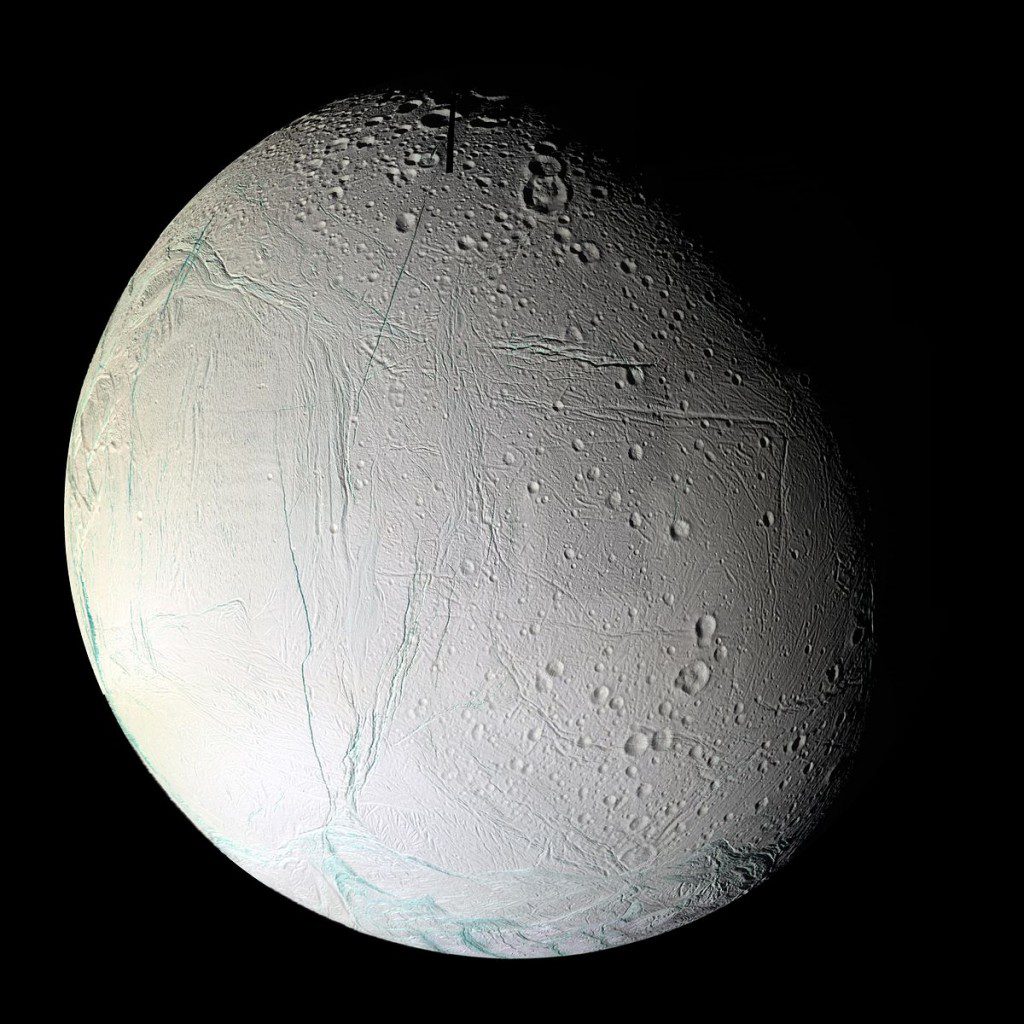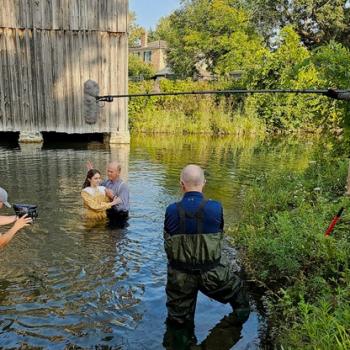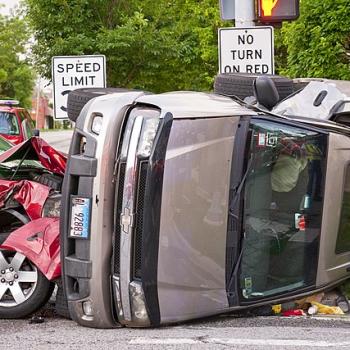
This new volume looks very worthwhile:
***
As science advances and increases, as new discoveries are made, as more complete command is obtained over the forces of nature, the more necessary it becomes that we have a religion to guide us in employing these discoveries. To save the world from science, and to make science the builder of a good world, we must hasten our progress towards the fuller acceptance of God. So, the answer to the question at the head of this article is very simple. In an age of science we have greater need than ever before of religion. A conscience of science is a present need.
[John A. Widtsoe, Evidences and Reconciliations (Salt Lake City: Bookcraft, 1960), 178]
Religion and science have sometimes been in apparent conflict. Yet the conflict should only be apparent, not real for science should seek truth, and true religion is truth. There can never be conflict between revealed religion and scientific fact. That they have often occupied different fields of truth is a mere detail. The gospel accepts and embraces all truth; science is slowly expanding her arms and reaching into the invisible domain in search of truth. The two are meeting daily — science as a child, revealed religion as the mother. Truth is truth, whether labeled science or religion. There can be no conflict. Time is on the side of truth — for truth is eternal.
[Ezra Taft Benson, LDS Conference Report (April 1966), 129]
With the tremendous strides that science is making in our day, there is dawning upon this age what might termed a scientific spirituality — a new type of mind that studies the truths of faith with the care and caution and candor of science, yet keeping the warmth and glow and power of faith. Spiritual insight is as real as scientific insight. Indeed, it is but a higher manifestation of the same thing. The saint as well as the scientist has witnessed the truth of reality. One may redeem his knowledge revelation, and the other, intellectual conclusion, but in both cases it is insight — the conviction reality.
[Hugh B. Brown, LDS Conference Report (April 1967), 49]:












